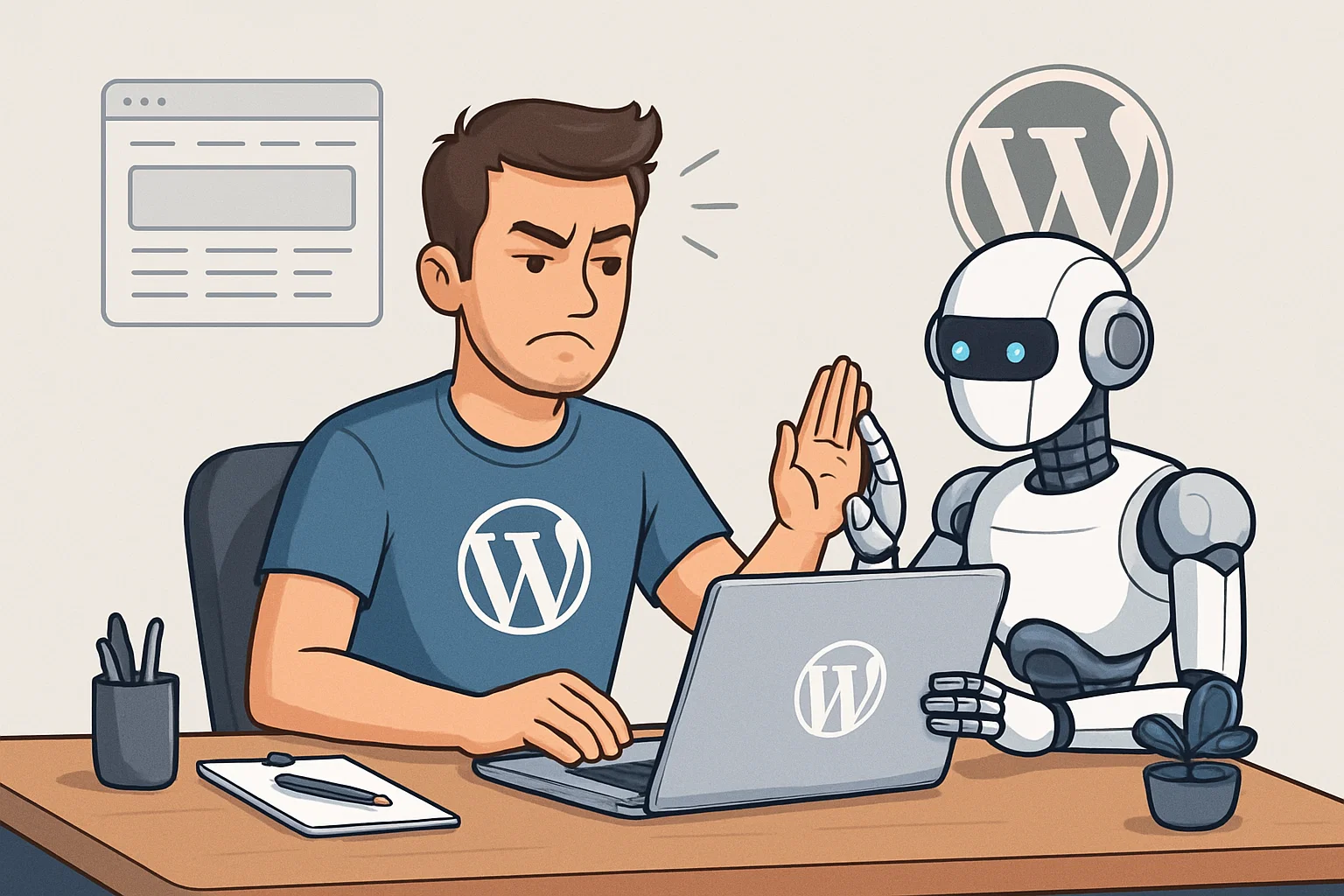
As an SEO expert with years of experience working with small business websites, I can confidently say this: most websites perform equally well in search engines, regardless of whether they are built from scratch or based on a ready-made template. The difference lies not in the design but in the content and strategy behind the website.
The Truth About Websites: Templates vs. Custom Design
Many small business owners assume they need a fully custom-designed website to succeed online. They imagine something unique, built from the ground up, and often expect that a higher price tag equals better results. But the reality is quite different.
Here’s the truth:
- Templates and custom designs have little impact on Google rankings.
- The core structure of most websites is fundamentally the same — a homepage, service pages, about us, contact page, etc.
- What truly matters is content quality, internal linking, page structure, and indexing — all of which can be handled just as well (or better) on a pre-built theme.
The Real Cost of Website Development
Most of the cost in building a website comes from:
- Designing custom layouts and graphics
- Writing extensive front-end code for responsiveness and aesthetics
- Managing multiple design revisions
These steps are time-consuming and expensive — but they don’t necessarily bring better search engine visibility.
In contrast, using a high-quality WordPress or similar template allows you to:
- Test a live site with the desired design before purchasing
- Launch faster
- See the result immediately
- Save money
- Focus on content and SEO right away after launch
What Really Impacts SEO Performance
Search engines don’t care about how “custom” your design is — they care about how well your content satisfies user intent.
Here’s what actually drives traffic:
- Clear structure (URLs, headings, mobile optimization)
- Helpful, original content on relevant topics
- Fast loading time (which many templates already provide)
- A growing number of indexed, useful pages
- A presence in Google Business Profile and local directories
Even if you don’t touch the website for months, a well-structured, properly indexed site can keep bringing in new clients from Google — especially in local search results.
Why Templates Make Sense for Small Businesses
Templates are not “cheap” in a bad sense — they are cost-efficient, like using ready-made bricks to build a house instead of molding each one by hand.
Here’s why they’re perfect for small businesses:
- Affordable entry point for being online
- Easier and faster to launch
- Customizable enough for branding
- No compromise on SEO potential
- Allows budget to go toward what matters most: content and promotion
Remember: the best website is the one that gets found and brings customers. That depends more on Google than on a graphic designer.
What You Should Actually Invest In
Instead of spending thousands on custom design, put your budget into:
- Writing optimized service pages
- Adding useful blog posts and FAQs
- Improving your Google Business Profile
- Getting backlinks from relevant websites
- Collecting and publishing customer reviews
These activities directly improve your visibility in Google and attract real customers.
Affordable Doesn’t Mean Less Effective
You don’t need a custom-designed website to succeed online. Templates are fast, affordable, and SEO-friendly. What matters is content, structure, and online presence. A simple site done right can outrank a fancy custom one. Small businesses should prioritize visibility and value, not visuals.
Being online is no longer optional — it’s essential. And the longer your website exists, the more value it builds over time. Even if you “just launch it and leave it,” a properly structured website can continue to rank and attract clients for years.
So if you’re a small business owner wondering whether an affordable website is worth it — it absolutely is. Just make sure it’s built with SEO in mind, and spend your time and money on content and visibility.
Results don’t come from how a website looks — they come from what it says, how it works, and how easy it is to find.



